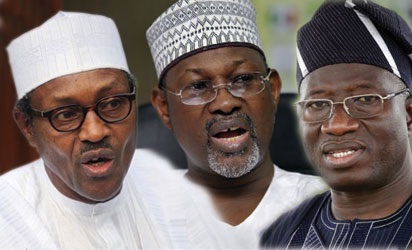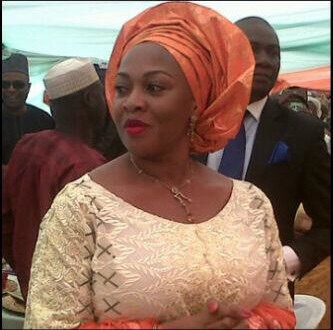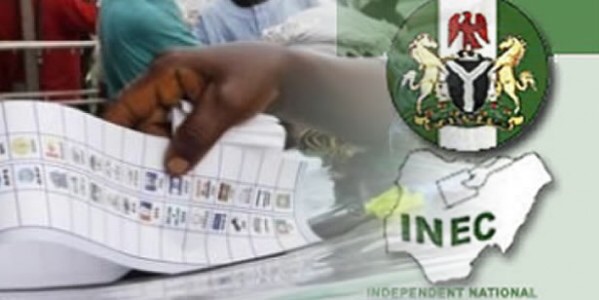The day has finally come. Nigerians are set to make thier choice of who shall govern them in the next four years beginning from May 29, 2015.
After one of the most acrimonious campaigns in Nigeria’s democratic experience, it is time for the electorate to make their choice.
What are the choices? Though there are 14 parties on the ballot, the choices are clearly narrowed to two: President Goodluck Jonathan of Peoples Democratic Party and Muhammad Buhari of All Progressives Congress.
Polls open across 119,973 polling stations at 8 a.m. (0700 GMT) for accreditation, then actual voting starts at 1.30 p.m. and continues until the last person has voted. That could drag well into the next day — 56.7 million voters are eligible.
A fair, credible and peaceful poll would be a new chapter in the often troubled history of Africa’s most populous nation, biggest economy and top oil producer, a past blighted by graft, secessionist movements, military coups and in the last six years an Islamist Boko Haram insurgency that has killed thousands.
Credible pollsters outside the country project close race, with the incumbency factors giving an edge to Jonathan. But local polls even by newspapers and electronic media reflect their individual preferences rather than any form of scientic projection.
There appears to be a collusion of northern elites to see off Jonathan, who they say should not have contested at all in the first place. Jonathan succeeded Late Umaru Musa Yar’Adua who died two years into his presidency leaving Jonathan to complete the remaining period of the four year term.
Since Jonathan decided to contest against North’s say-so in 2011, some elements in the North with the collusion of some southern politicians, have thrown everything against Jonathan’s way to ensure he does not succeed.
Though Jonathan braced such odds, some believe that he has done a great work given what he faced while others think he is a non-performer. A lot of arguments have been woven around this choice, but after this election the winning side will be known.
Buhari is above 70, lacks good track record in economic management, but is regarded as one of the few clean public officers of this era. He had contested three times, the last one against Jonathan, and failed. But his publicists have done a great work in refurbishing his image, which now makes him stand a great chance in this election cycle.
Buhari, a northern Muslim, lost to Jonathan, a southern Christian and son of a canoe carver in the oil producing Niger Delta, in 2011, it triggered rioting in the mostly Muslim north that killed 800 people and rendered 65,000 homeless.
Fearing a contested poll could spill even more blood this time, world powers, including U.S. President Barack Obama, British Prime Minister David Cameron and the European Union are pressuring both sides to chill the tempers of their supporters.
Both Jonathan and Buhari have agreed to abide by people’s wishes by keeping their supporters calm even in defeat














